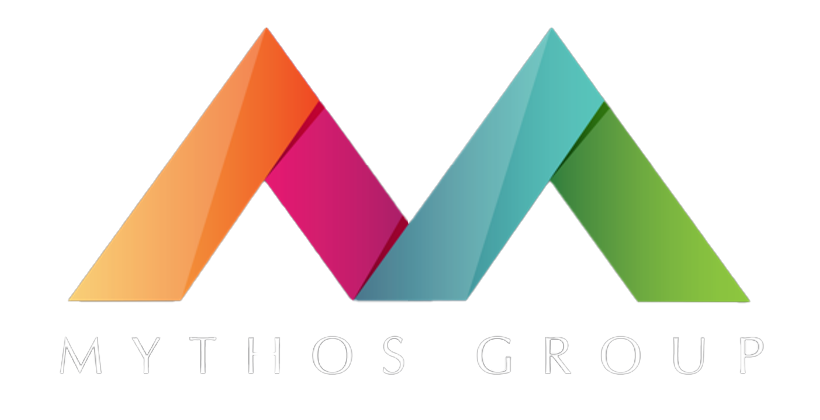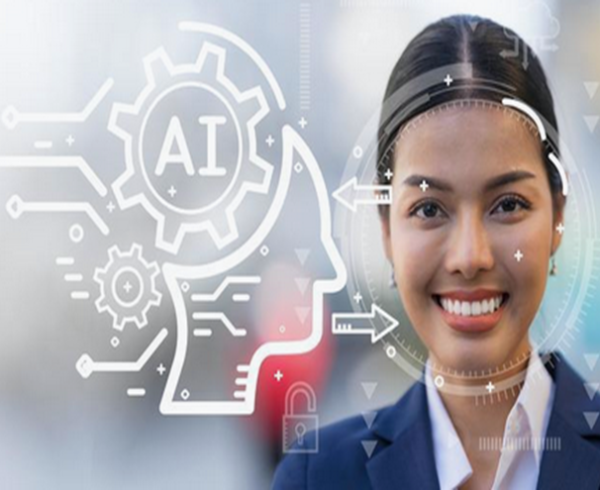So far, it is very clear that artificial intelligence (AI) is the most impactful trend of 2023. From breakthroughs in natural language processing to improved adoption of AI by businesses, we’ve seen significant strides at breakneck speeds. No other innovation has the potential to change the way we live and do business like AI does, and all business leaders should be looking into ways that they can implement an AI transformation in their organizations.
Experts agree that AI will play a major role in addressing data quality, assessing data vulnerability, and data duplication. By integrating AI further up the data pipeline, the potential to escalate the speed of insights is massive. Additionally, it has extensive potential to influence and aid the development of new business models in a wide range of industries, including finance, education, healthcare, supply chain management and retail.
According to Tidio, one third of all organizations are currently applying AI across several of their business units, which is why the global AI market is projected to hit half a trillion dollars in 2023. The growth has been explosive by any standard of measurement. The number of businesses that use AI has grown 300% in the last 5 years and by 2025, almost 100 million people will work in the AI industry. When polled, 83% of companies consider it high priority to utilize AI as part of their business strategy.
This rapid adoption of AI technologies has created a healthy sense of apprehension for business leaders, consumers and AI researchers alike. For example, ChatGPT is a leading AI software that recently became available to the public, and there was much hand-wringing about its impact on education. Parents and teachers feared that it would enable a generation of students to cheat their way through school. If you’ve been around long enough, you may remember the same worries about widespread use of the handheld calculator, too.
The truth is that every generation will bring new technology to the table, and AI has the potential to revolutionize the learning experience. The Ivy Chatbot, for example, is a set of AI tools specifically designed for colleges and universities to assist with enrollment, applications, deadlines and tuition with live chat and integrations for Facebook, ERP (enterprise resource planning), CRM (customer relationship management) and SIS (student information systems). Knewton’s Alta also helps students at the post-secondary level with courseware solutions that offer personalized learning experiences through adaptive technology.
AI is also shoring up global supply chains. As organizations have been forced to reevaluate their supply chains for costs, vulnerabilities and inefficiencies, AI has emerged as a potential game changer for the supply chain and logistics industry. According to a 2019 report from McKinsey & Company, businesses can expect to gain between $1.3 trillion a year in economic value by using AI in their supply chains. With AI, businesses can more accurately predict sales and demand as well as improve and optimize their logistics networks, forecasting and spend analytics. It’s because of this that McKinsey’s 2022 Global Survey on AI showed that respondents reported the highest cost benefits from AI in the supply chain management category.
The banking and finance industry is investing heavily in AI as well. The AI-powered financial market size was around $7.91 billion in 2020 and it’s estimated that it will reach close to $27 billion by 2026. According to CB Insights, Capital One, J.P. Morgan Chase and Royal Bank of Canada are leading the way when it comes to AI innovation in retail banking. The investments that these organizations have made in AI technology have gone way beyond virtual assistants and management tools to include acquiring AI start-ups, applying for AI patents, investing in internal research and development, and aggressively courting top talent in the AI field. AI initiatives at these banks include security and anti-fraud measures, loan approval, web payments, AI development tools, synthetic financial data sets, analytics, AI infrastructure, electronic trading and portfolio management.
When our analysts asked ChatGPT to describe the most exciting AI trend that it looks forward to materializing in 2023, it replied:
“One of the most exciting trends in AI that I am looking forward to seeing materialize in 2023 is the continued advancement of natural language processing (NLP) and the development of more sophisticated and human-like language models. These models will enable more natural and intuitive communication between humans and machines, leading to a wide range of potential applications in areas such as customer service, education, and entertainment. Additionally, I am also looking forward to seeing more progress in the field of generative models, particularly in the areas of computer vision and audio synthesis, which have the potential to revolutionize fields such as art, design, and media.”
We couldn’t agree more! While there are valid concerns about how AI can and will be applied, if we can successfully navigate the shortcomings of AI technology, be cognizant of ethical considerations and commit to being mindful with AI research, development and implementation, this evolving technology can absolutely be a net positive force for businesses, consumers and society at large. This is a trend we’re tracking in real time, so stay tuned for more of our analysis on the impact of AI and the potential for businesses in virtually all industries.
If you’re a business leader standing on the precipice of this brave new world, contact us. Mythos Group can help your organization with a strategic transformation that leverages AI at every level.







